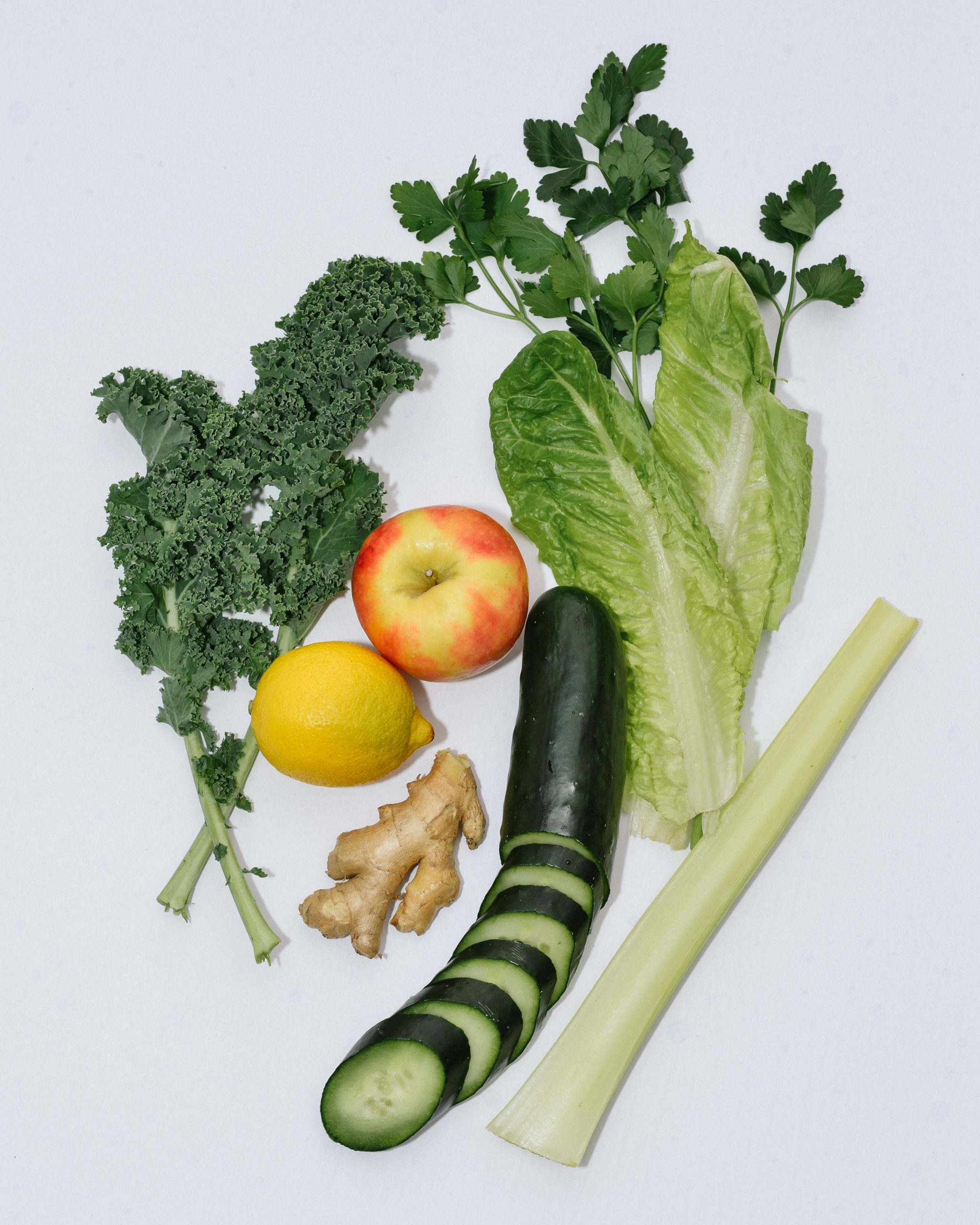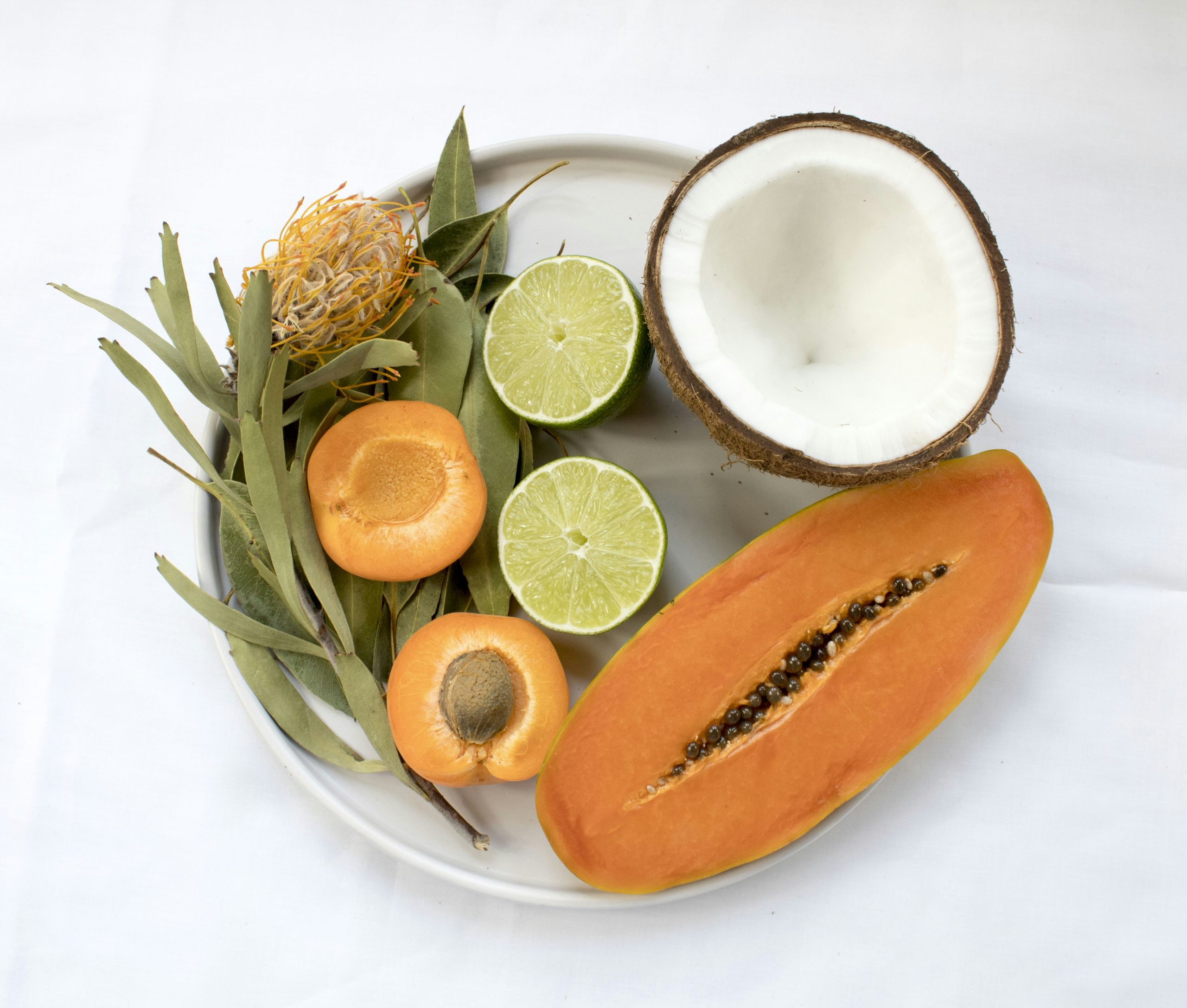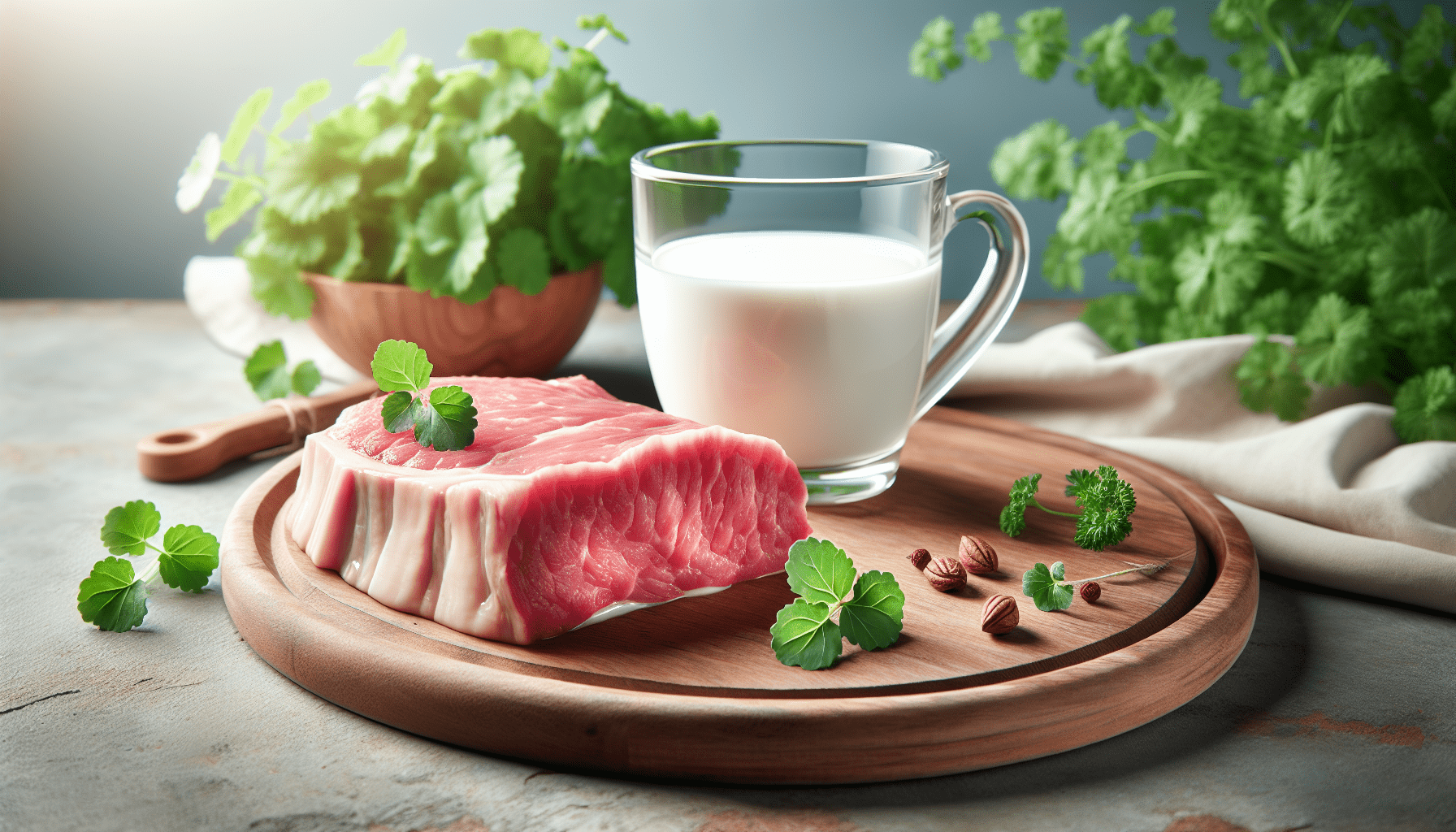In our journey toward better health and well-being, we’ve discovered that embracing organic meats and dairy products can make a significant difference. These wholesome choices are not only free from harmful pesticides and synthetic additives but also offer superior nutritional benefits compared to their conventional counterparts. By choosing organic, we are supporting sustainable farming practices that prioritize animal welfare and environmental health. This allows us to enjoy delicious, nutrient-dense foods while contributing to a healthier planet. Our collective shift towards organic options can pave the way for a brighter, healthier future for everyone. Are organic meats and dairy products healthier? This is a question many of us have asked ourselves while navigating the grocery store aisles lined with various food labels. The rise of organic and natural products over the past few years has been significant, but with a higher price tag often attached, it’s essential to understand if the benefits truly justify the cost. In this article, we’ll explore the multiple facets of organic meats and dairy products, from health benefits to ethical considerations, so we can make informed decisions together.

Understanding Organic Certification
Before diving into the health benefits, let’s clarify what “organic” really means. Organic certification involves specific and rigorous standards that farmers and producers must adhere to. These standards vary slightly by country but generally include:
- No use of synthetic pesticides or fertilizers
- No genetically modified organisms (GMOs)
- Adherence to welfare standards for livestock
- Use of organic feed for animals
USDA Organic Certification
In the United States, the USDA oversees organic certification. Products labeled as “USDA Organic” must meet all the aforementioned standards. This rigorous certification process ensures that when we buy organic, we are getting products that meet a high threshold of quality and ethical consideration.
EU Organic Certification
Similarly, in the European Union, the organic certification is equally stringent. The EU organic logo signifies adherence to strict guidelines encompassing environmental sustainability and animal welfare.
Nutritional Benefits of Organic Meats
Higher Levels of Omega-3 Fatty Acids
Organic meats often have higher levels of omega-3 fatty acids compared to their conventional counterparts. Omega-3 fatty acids are crucial for heart health, brain function, and reducing inflammation. Studies suggest that animals raised in pasture or with organic feed tend to accumulate more omega-3s, providing a healthier choice for us.
Lesser Exposure to Antibiotics and Hormones
One of the significant benefits of organic meat is the reduced exposure to antibiotics and growth hormones. The use of these substances is prevalent in conventional farming to promote faster growth and prevent disease. However, overuse can lead to antibiotic resistance, making it a public health concern. By choosing organic, we minimize our exposure to these potentially harmful substances.
Improved Mineral and Vitamin Content
Organic meats are partially more mineral-rich. For example, grass-fed beef has been found to contain higher levels of certain vitamins, such as vitamin E and beta-carotene. These vitamins are essential for our immune system and overall well-being.
Nutritional Benefits of Organic Dairy Products
Increased Omega-3 and Conjugated Linoleic Acid (CLA)
Organic dairy products like milk, cheese, and yogurt tend to have a better nutritional profile. Studies have shown that organic milk contains more omega-3 fatty acids and Conjugated Linoleic Acid (CLA) than non-organic milk. CLA is known for its potential benefits in weight management and improving immune function.
More Antioxidants
Organic dairy products often contain higher levels of antioxidants, including Vitamin E and carotenoids. These compounds help combat oxidative stress, reducing the risk of chronic diseases such as heart disease and cancer.
Enhanced Flavor
Many of us find that organic dairy products have a richer and more natural flavor. This can be attributed to better feed quality and farming practices that prioritize the animal’s well-being. When cows are happier and healthier, the milk they produce tends to be of higher quality and taste.
Ethical and Environmental Considerations
Animal Welfare
One of the core tenets of organic farming is improved animal welfare. Animals are generally raised in more humane conditions, with access to open pastures and organic feed. This focus on animal welfare not only contributes to the quality of the product but also aligns with our ethical considerations.
Sustainable Farming Practices
Organic farming practices are also more sustainable and environmentally friendly. By avoiding synthetic pesticides and fertilizers, organic farms reduce their environmental footprint. Soil health is another focus area, with practices such as crop rotation and composting being common. These methods sustain the land for long-term use and can contribute to better biodiversity.
| Factor | Organic Meats & Dairy | Conventional Meats & Dairy |
|---|---|---|
| Omega-3 Levels | Higher | Lower |
| Antibiotics | Minimal | Common |
| Hormones | Prohibited | Common |
| Animal Welfare | Higher Standards | Variable |
| Environmental | Sustainable Practices | Often Intensive |
| Flavor | Richer | Variable |
| Cost | Higher | Lower |

Potential Downsides
Higher Cost
The most obvious downside to organic meats and dairy products is the higher cost. This is due to the more rigorous and ethical farming practices required for organic certification. While the benefits are numerous, it may not be feasible for everyone to exclusively purchase organic products, especially on a budget.
Limited Availability
Despite growing demand, organic products are not always available everywhere. This can be a significant barrier for people living in rural or underserved areas.
Making the Best Choices for Our Families
So, should we all rush to convert to exclusively organic meats and dairy products? The answer isn’t straightforward. It depends on our individual health needs, ethical considerations, and budget constraints.
Prioritize Key Items
If we can’t switch to all organic products due to budget constraints, we can start by prioritizing key items. For example, meats and dairy products where the organic label makes a more significant difference in terms of health benefits. This way, we maximize our investment in organic foods.
Look Out for Sales and Bulk Buying
Buying organic items on sale or in bulk can help manage costs. Many stores offer discounts on organic products from time to time. Additionally, consider joining a local co-op or CSA (Community Supported Agriculture) to get farm-fresh organic produce and meats at a lower cost.
Doing the Best We Can
At the end of the day, we all need to do what’s best for our families and circumstances. Even incorporating a few organic products into our diets can make a difference in our health and the health of the planet. Every small step counts.

Conclusion
There is no doubt that organic meats and dairy products offer numerous health benefits, from higher nutritional value to reduced exposure to harmful substances. Additionally, they align with ethical and environmental considerations, making them a more conscientious choice. While the higher cost and availability might pose challenges, informed decisions and strategic purchases can help us incorporate these beneficial products into our diets.
Ultimately, the decision boils down to balancing our health goals, ethical values, and financial constraints. By understanding the benefits and making thoughtful choices, we can ensure that we are contributing positively to both our health and the environment. So next time we find ourselves in the grocery store, we’ll be better equipped to decide if that organic label is worth the extra pennies. Happy shopping!
